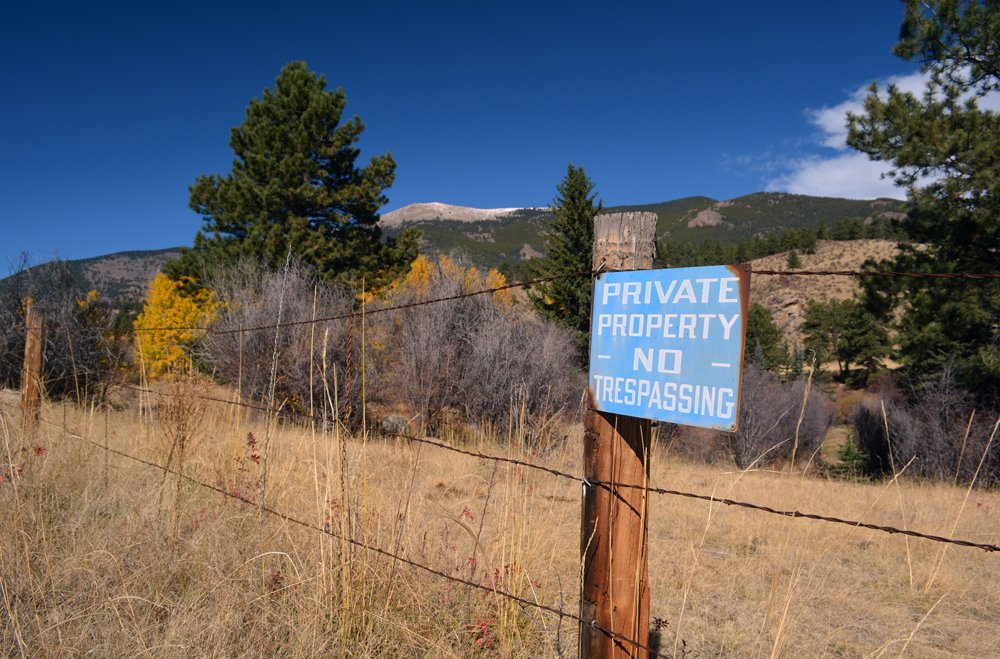
What is an easement?
My local power company just requested an easement to erect some windmills on my farm property. What is an easement, and do I have to oblige?
An easement is the legal right to use someone else’s land for a particular purpose. Easements are sought and granted for a variety of uses, such as access roads, utility lines and windmills.
"Old-time law refers to easement interests as dominant and servient estates," says Johns, Flaherty & Collins attorney Tony Gingrasso. "Property owners have the servient estate, which is the land burdened by an easement, and the easement holder has the dominant estate indicating the property is for their use."
As the servient estate, Gingrasso says you would still own the property and pay taxes on it while the power company would own the windmills and could take necessary steps on your property to maintain the windmills. While those steps may prevent your full enjoyment or use of the property, there are many cases where easements actually benefit the property owner.
Do I have to grant an easement?
You do not have to oblige the power company, but you may be subject to eminent domain rules allowing the government may impose the easement.
Whether you choose or are forced to grant the easement, be sure to negotiate for the best deal you can. In many instances, property owners are better off simply selling the land, according to Gingrasso. "Whatever the case, negotiate the best deal you can. If that means granting an easement, be very restrictive and specific with the rights you grant. And before you sign anything, it’s best to have a lawyer review the agreement."
 Information provided by Tony Gingrasso, real estate attorney at Johns, Flaherty & Collins, SC. For a real estate attorney in La Crosse, WI, call Tony at 608-784-5678.
Information provided by Tony Gingrasso, real estate attorney at Johns, Flaherty & Collins, SC. For a real estate attorney in La Crosse, WI, call Tony at 608-784-5678.
